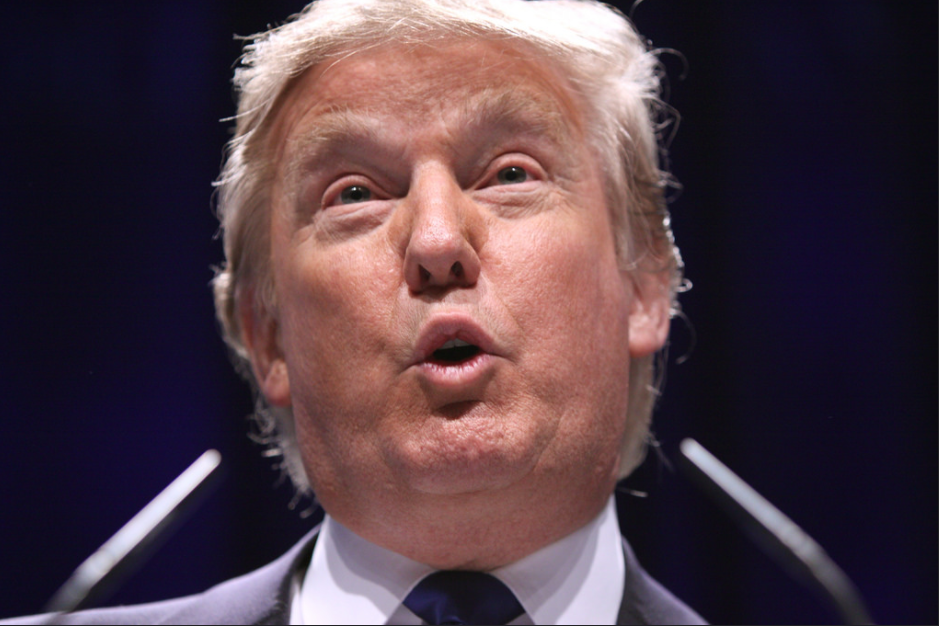By JASMINE ABDELGAFAR
“A total and complete shutdown of Muslims entering the United States.” These were President Trump’s words in December 2015 after the San Bernardino shooting. Trump’s agenda was clear from the beginning and he came one step closer to implementing it last January when he issued an immigration ban on eight Muslim majority countries under the banner of “security measures.” The initial ban evoked a mixture of responses from complete outrage to total support. It singled out a massive population and made it okay to compartmentalize them all in one category: terrorists.
Trump has defended his immigration ban numerous times; especially after terrorist attacks in other countries, because clearly the perfect time to claim that he was “right” is while other countries mourn. The most recent example would be after the September terrorist attack in London. Hours after the attack, Trump tweeted, “The travel ban into the United States should be far larger, tougher and more specific – but stupidly, that would not be politically correct!”
The plot developed last weekend when Trump issued a new travel ban that now extends to North Korea, Venezuela and Chad, Reuters reports. The extended ban is another security measure that targets the countries whose governments have failed to provide to the U.S. sufficient information regarding their vetting of U.S. emigrants and issuing of visas. Trump viewed this lack of cooperation as a “threat” to the security of the U.S. which brought on the new extended travel ban. According to Reuters, the ban affects all North Korean visas, diplomatic visas from Venezuela and all immigrant and tourist visas from Chad.
The travel ban prevents North Korean immigration which increases tensions between the U.S. and North Korea. The very low net migration value from North Korea to the U.S. also brings up the question of why North Koreans are being banned from entering a country they rarely ever visit.
The Venezuelan ban also seems to lack intuition, since it applies exclusively to diplomats and their immediate family members. The Chad ban puts Trump under further scrutiny since Chad is a Muslim majority country. If this travel ban was implemented in 2016, according to the Department of State, only 61 North Korean visas and 940 Chad visas would have been affected.
Compared to the 64,418 visas that would have been affected in the Muslim ban, those are small potatoes. Importantly, the timing of this ban makes it much easier for Trump to defend his initial ban, scheduled for a Supreme Court hearing Oct. 10 due to its discriminatory nature against Muslims. The new ban will come into effect on Oct. 18 and will include citizens from Somalia, Yemen, Syria, Libya, Iran, North Korea, Venezuela and Chad.
How safe are we now that citizens from eight countries have been banned from entering the land of the free? The answer: as safe as we were before, since almost all terrorist crimes that have occurred in the past couple of years were carried out by individuals who were already in the country, the most recent and devastating of which occurred last weekend in Las Vegas.
A travel ban can’t stop domestic terror, but it stops refugee families from finding a new home. A travel ban couldn’t keep us safe, but can spread racism and increase hate crimes. A travel ban wasn’t able to bring unity, but segregation and discrimination. A travel ban didn’t make America great again; it made America scared.
The future of this great country relies on the unity of all individuals despite their nationalities, gender, races or any other category that segregates them. Americans have come a long way to defend the beliefs and strength of this country and they won’t be backing down anytime soon, not even with this distraction.
Jasmine Abdelgafar can be reached at jasmine.abdelgafar@spartans.ut.edu




